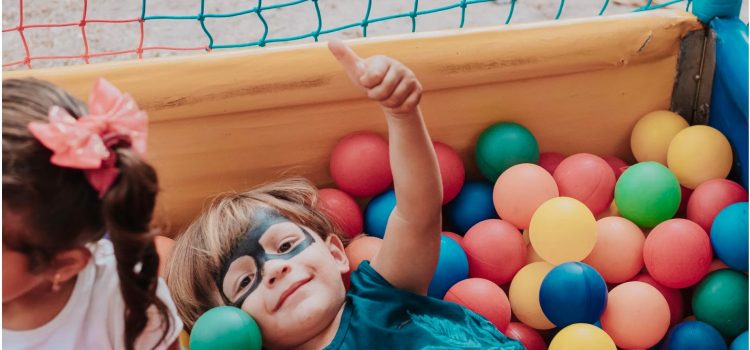Want to know how to be a parent in today’s ever-changing world? What should you know to be a great parent? Author Alfie Kohn argues that mainstream parenting has several potentially damaging disadvantages, including poor self-esteem and depression in children. In Unconditional Parenting, Kohn presents a new approach built on unconditional support, acceptance, and understanding. Keep reading to learn Kohn’s advice about how to be a parent in today’s world.
How to Be a Parent: Alfie Kohn’s 3 Guidelines










